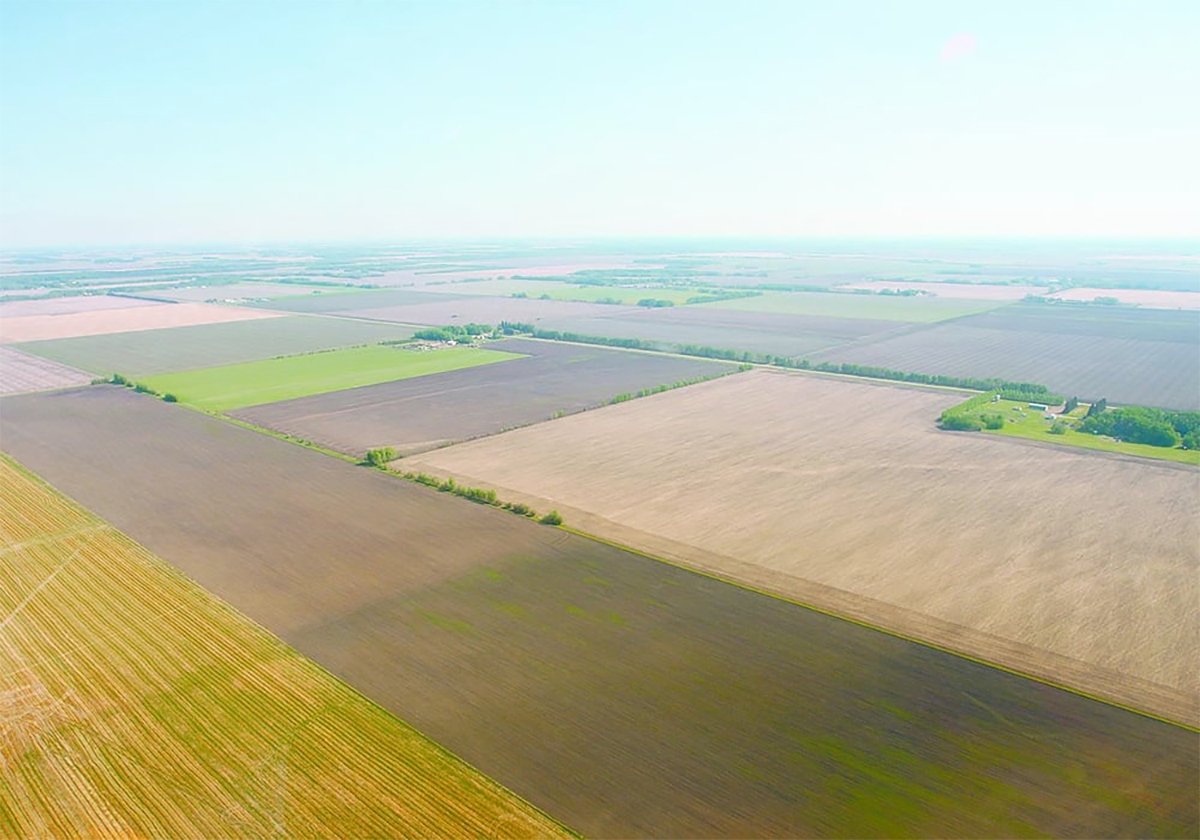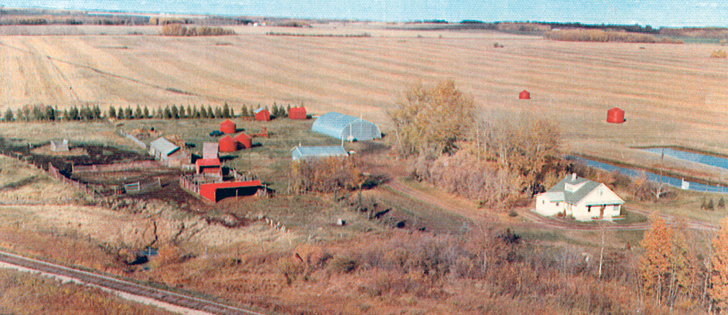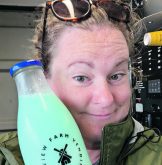After being wiped out by hail, Dad heads north to earn a living for the family, but soon faces further tragedy
Disaster can happen to anyone at any time. Both the memory of the event and the victims’ reaction to it will affect their decisions for the rest of their lives.
Harold and Louise Hathaway, my parents, were 100 percent hailed out in 1947. This single devastating event caused a landslide of tragedies that transformed them into different people with a renewed appreciation of life and a cautious decision-making practice.
They were a young couple who had just married two years earlier and had a one-year-old child, Betty Anne.
Read Also

Saskatchewan amends farm land ownership regulations
The Canada Pension Plan Investment Board can no longer own Saskatchewan farmland.
They had just bought a farm closer to Marwayne, Alta., with better soil. The farm was their sole source of income.
Dad farmed both parcels of land that summer, a distance of about 12 kilometres.
When the hailstorm had passed, he drove out to look at the crops.
“‘When I saw that the crops on the new land were destroyed, I thought, well, maybe the old farm was saved, but when I went over there, it was all flat, too’,” he recalled.
Crop insurance was non-existent in Canada at the time. Something had to be done to support his family so he went north to work for a tree cutting business stacking poles or doing odd jobs.
Mom tried to live on the farm with Betty Anne, but soon became terrified of living alone and asked to move in with her parents in Marwayne.
They agreed but weren’t happy about it. Her father was easy-going but her mother believed a wife should remain in the house her husband had provided.
It wasn’t common for an adult child to move back in with her parents. Also, her mother wasn’t well and they believed the young family might be a burden.
They allowed her to move into their upstairs space. Mom moved everything she needed herself, even her sewing machine in its cabinet.
While hoisting the machine upstairs, she developed a strangulated hernia, a life-threatening condition that caused extreme pain and required emergency surgery.
In the northern bush land, Dad took the call from the doctor in Lloydminster: “If you want to see your wife alive, you better come home now.”
Dad never forgot those words. He collected what scant pay was due him and left immediately.
Mom had the surgery and managed to recover. Recovery took weeks, during which time her parents cared for Betty Anne when Dad was at work.
Dad looked for work closer to home, despite losing the higher pay of the northern bush-cutting business.
He sought a job from Mom’s relative, Ted Rae, who managed a lumber mart in Marwayne. Rae didn’t need help but felt sorry for the family’s situation
Dad stocked shelves, stacked lumber in the yard and swept the floor for 50 fifty cents each day, about one-third the normal wage at the time.
The next year, they sold the old farm and the crop on the new farm was successful so they had a reprieve from their poverty. Losing their livelihood took a heavy toll and on a farmer’s small income, it took a long time for them to get back on their feet.
I remember seeing a photo that was taken three years later of my two sisters outside in winter on the front step of the house.
Betty Anne, four, was wearing Mom’s winter boots because they couldn’t afford to buy her new ones. One-year-old Marilyn had hand-me-downs from Betty Anne.
The disasters of 1947 left their mark on my parents and affected future decisions.
After the federal government passed the Crop Insurance Act in 1959, Dad was a faithful subscriber. The risk of hail damage was one of the reasons my mother accepted a teaching position in Marwayne School in 1956.
Dad continued farming until 1992 and was never hailed out again.
If Mom had died in 1947, my brother and I would not exist and Dad and my sister would have lived a different life.
Everyone has done things they are sorry for later and I’m sure lifting that sewing machine was a big regret for Mom.
I think she felt relieved when her children were old enough to take care of things and keep her company when Dad was away.
There will always be risks and devastation from weather. A plan of action can help reduce total failure and prevent increasing the calamity by making wrong choices under stress and buying insurance can reduce loss.
What remains most important is the help and support of others in the community in a family’s time of need.

















